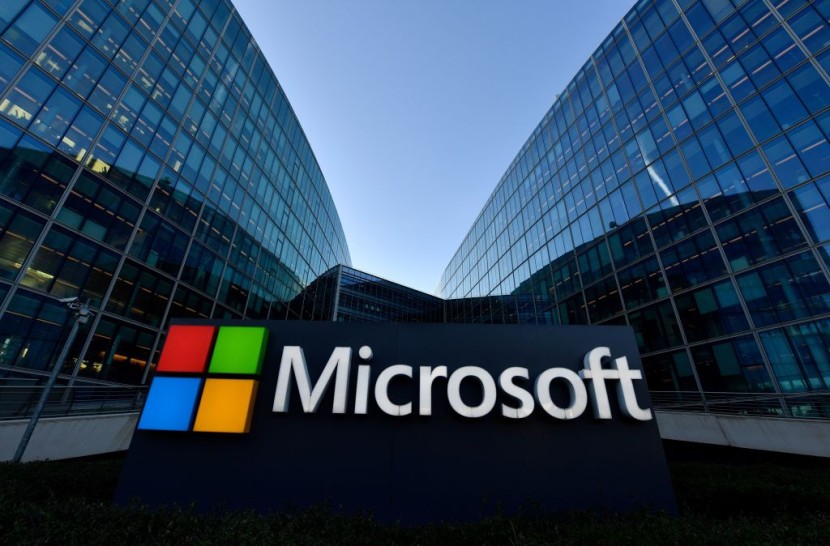European Union officials initiated an antitrust probe on Thursday, July 27, into Microsoft's strategy of bundling its video and chat software Teams with other Office products.
The European Commission, the EU's governing body, has indicated that such actions may be anti-competitive.
The Teams and Office Tie-up

According to CNBC, EU regulators expressed concern on Thursday that Microsoft may have limited the interoperability between its productivity suites and competing offerings. They added that the bundle may have granted Teams a distribution advantage by not giving customers the choice of whether or not to include access to that product when they subscribe to their productivity suites.
The EU is worried that Microsoft is forcing its Office 365 subscribers to also purchase Teams without their consent. Microsoft might be stifling competition in the market for messaging and video apps in the workplace by taking this action.
The Commission noted, "These practices may constitute anti-competitive tying or bundling and prevent suppliers of other communication and collaboration tools from competing."
Microsoft 365, formerly known as Office 365, is a suite of Microsoft applications designed for use in the workplace. The most popular apps are Word and Excel.
There is no set timeline for when antitrust probes must be finished. Microsoft, a US tech giant, may be fined up to 10% of its entire worldwide yearly revenue if it is found to be in violation of EU competition regulations.
Concerns regarding Microsoft's competitiveness were first raised in 2020, when Slack, which is owned by Salesforce and a competitor to Microsoft's Teams, filed a complaint with the EU. It alleged that Microsoft had improperly bound Teams to its preeminent productivity packages like Microsoft 365.
Millions of customers were reportedly compelled to install Teams without the option to remove it, according to Slack.
Engadget reported that Microsoft agreed in April to take Teams out of Office in an effort to head off an investigation, but that plan apparently backfired.
In response, a Microsoft representative said, "We respect the European Commission's work on this case and take our own responsibilities very seriously. We will continue to cooperate with the Commission and remain committed to finding solutions that will address its concerns."
See Also : Microsoft's Stock Dropped Following Announcement of Slower Growth as AI Technology Development Bet
Microsoft as Subject of Previous Antitrust Probes
In 2009, while Microsoft was being investigated for monopolizing the browser market with Internet Explorer, the EU conducted a similar antitrust investigation.
The EU voiced concern that Microsoft's practice of bundling Internet Explorer with its Windows OS stifled competition. Microsoft proposed compensation to the EU in the form of an agreement to support several web browsers for its Windows operating system.
Recently, the EU has been looking into Microsoft's planned $69 billion purchase of Activision Blizzard on the grounds that the merger may hinder competition in the console and cloud gaming markets. In this instance, Microsoft presented solutions to the EU, and in May, officials gave their clearance to the merger.
© 2025 HNGN, All rights reserved. Do not reproduce without permission.








